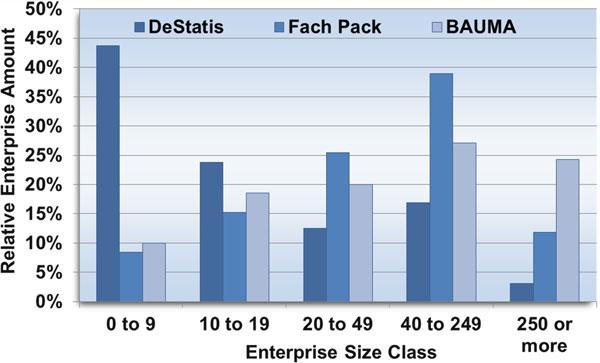Preface
This book presents, in the corresponding chapters, 18 original contributions related to entrepreneurship, innovation, and the economic crisis. There is a broad diversity of approaches but all the chapters directly or indirectly cover the three topics, either because the treatment of entrepreneurship includes innovation as does the literature, or because the process required to obtain innovation is a form of management that involves proactiveness and risk-taking (and consequently entrepreneurship); and as regards the economic crisis, because it is present in the 18 chapters as an deliberate object of research or as a research context whose results are applicable to the crisis. Although entrepreneurship and innovation can be considered independent concepts for some research aims, they are closely linked (Lassen et al. 2006). Shane (2012: 15) states that the concept of entrepreneurship includes “the Schumpeterian (…) notion that entrepreneurs also exploit those potentially profitable opportunities by creatively recombining resources,” that is, by innovating. He goes on to say that “Entrepreneurship involves more than the (…) process of discovering opportunities for profit. It also involves coming up with a business idea about how to recombine resources to exploit those opportunities” (Ibid. 17–18). Thus when an entrepreneur makes new combinations of factors, Covin and Slevin (1986, 1991) indicate that this form of entrepreneurship is characterized by innovativeness, proactiveness, and risk-taking, which broadly implies an orientation towards the development of new products and services, technologies, administrative techniques, new forms of organizational design and incentives, and new strategies. All of these innovations can be incremental or radical (Lassen et al. 2006; Robsonet et al. 2009) and are carried out in a complex context that involves “innovation, venturing and strategic renewal” (Zotto and Gustafsson 2008: 97). While economic crises are permanently important in general economic studies of economic cycles (Kalecki 1968), business management and entrepreneurship become increasingly important in crisis situations and make innovation, with its varied technical or organizational aspects, a key component of success for private companies and the economy in general. However, the relationship between economic crisis and entrepreneurship is not well established in the literature. As PerisOrtiz et al. state in the first chapter in this book, “[f]or some authors such as Filippetti v






